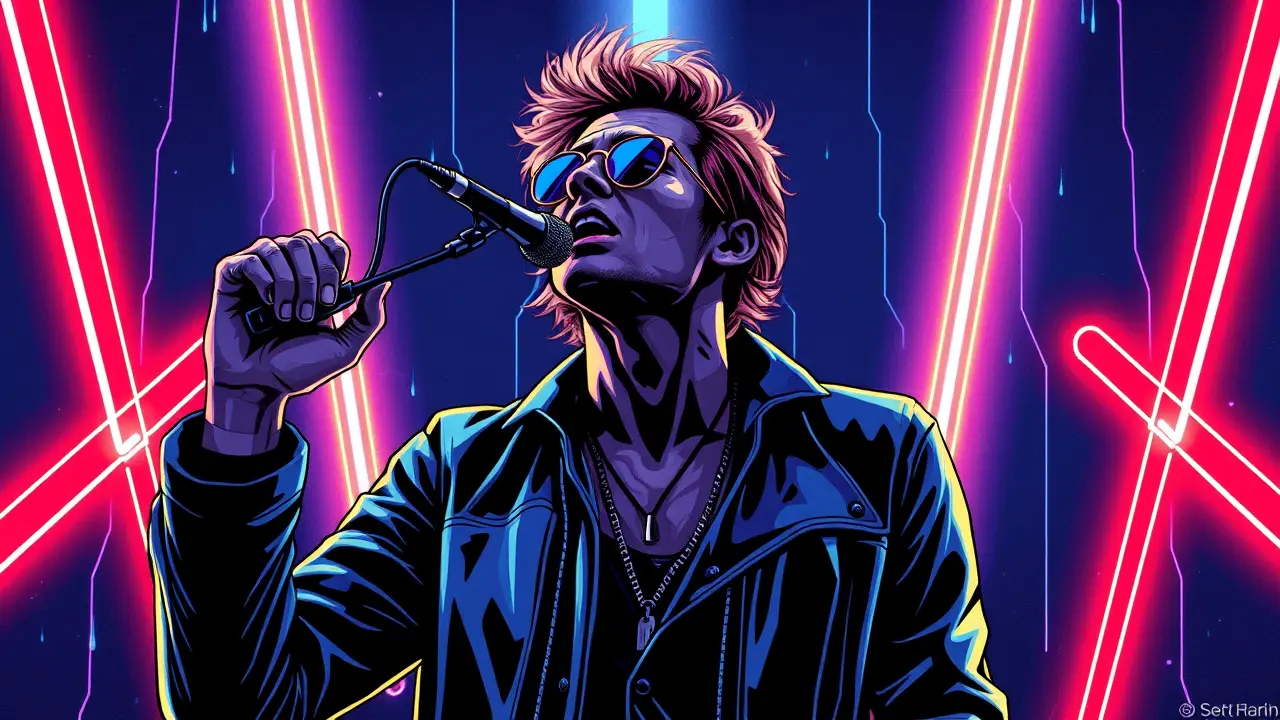Perry Farrell Returns with New Song on Carl Cox Track.
The airwaves, so often saturated with the ephemeral buzz of flavor-of-the-week artists, just received a jolt of genuine rock and roll voltage with the unexpected return of Perry Farrell. The iconic Jane’s Addiction frontman, a veritable architect of the alternative music landscape, has emerged from a self-imposed musical exile to lend his singular, shamanistic vocals to a new track, ‘Lokomotiv’, by none other than dance music titan Carl Cox.For those who have tracked Farrell’s career with the fervor of a vinyl collector seeking a rare first pressing, this collaboration is more than a mere feature; it’s a resurrection. Farrell had largely retreated from the spotlight following the infamous onstage incident that precipitated the most recent Jane’s Addiction breakup, a moment that felt like a dissonant, crashing finale to a decades-long symphony of creative turbulence.Remember the Lollapalooza he founded? It was a traveling circus of the bizarre and beautiful, a testament to his curatorial genius, which makes his silence all the more deafening. To hear his voice now, weaving through Cox’s propulsive, techno-driven production, is to witness a phoenix rising from the ashes of rockstar cliché.The track itself is a fascinating alchemy; Cox’s production provides a relentless, metallic heartbeat, a digital locomotive charging through a neon-lit night, while Farrell’s vocal is pure, untamed desert spirit—a wailing, poetic incantation that feels both ancient and futuristic. It’s a conversation between two worlds, the unyielding grid of the dance floor meeting the chaotic, organic sprawl of the mosh pit.This isn't a desperate grab for relevance; it’s the logical next step for an artist who has always operated at the intersection of art, rhythm, and rebellion. Think back to Porno for Pyros or his earlier electronic explorations—Farrell has never been content to be pigeonholed.His collaboration with Cox feels like a homecoming to the tribal, rhythmic core that has always pulsed beneath his work, a core that modern electronic music has often commercialized but rarely understood with such spiritual depth. The broader context here is the evolving relationship between rock and electronic music, a long and sometimes fraught courtship.From The Prodigy sampling his riffs to entire festivals blending genres, Farrell was often ahead of the curve. Now, he’s not just participating in the conversation; he’s reclaiming his seat at the head of the table, reminding a new generation of the raw, theatrical power that first defined alternative culture.The possible consequences are thrilling: could this signal a new, more experimental phase for Farrell, unshackled from the immense weight of his own legacy? Could it inspire a wave of cross-genre collaborations that are more substantive than a mere marketing ploy? For Carl Cox, it’s a stamp of underground credibility that transcends the DJ booth, anchoring his monumental sound with a piece of rock history. This is more than a song; it’s a statement. It’s the sound of a legend refusing to fade into a nostalgia act, choosing instead to plug his gibberish-speaking, cosmos-searching soul directly into the mainframe of modern music, and the result is as electrifying as anything he’s ever done.
It’s quiet here...Start the conversation by leaving the first comment.
© 2025 Outpoll Service LTD. All rights reserved.
